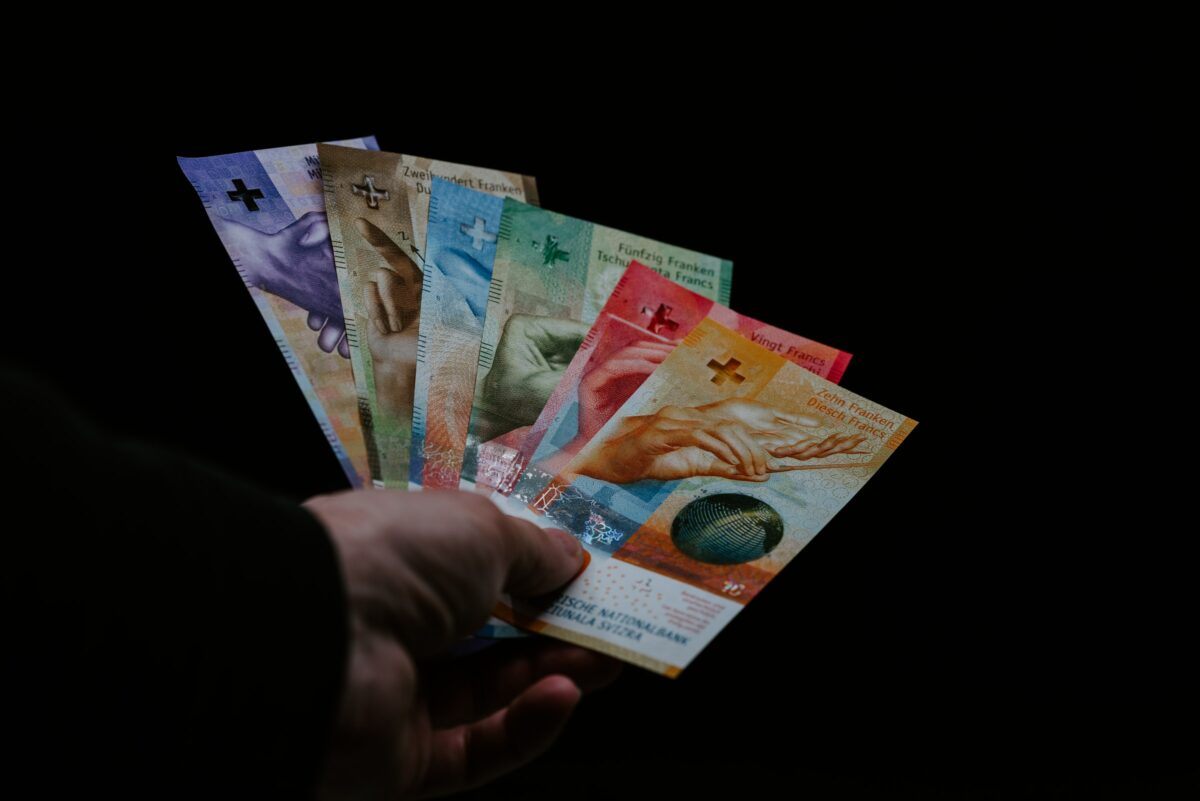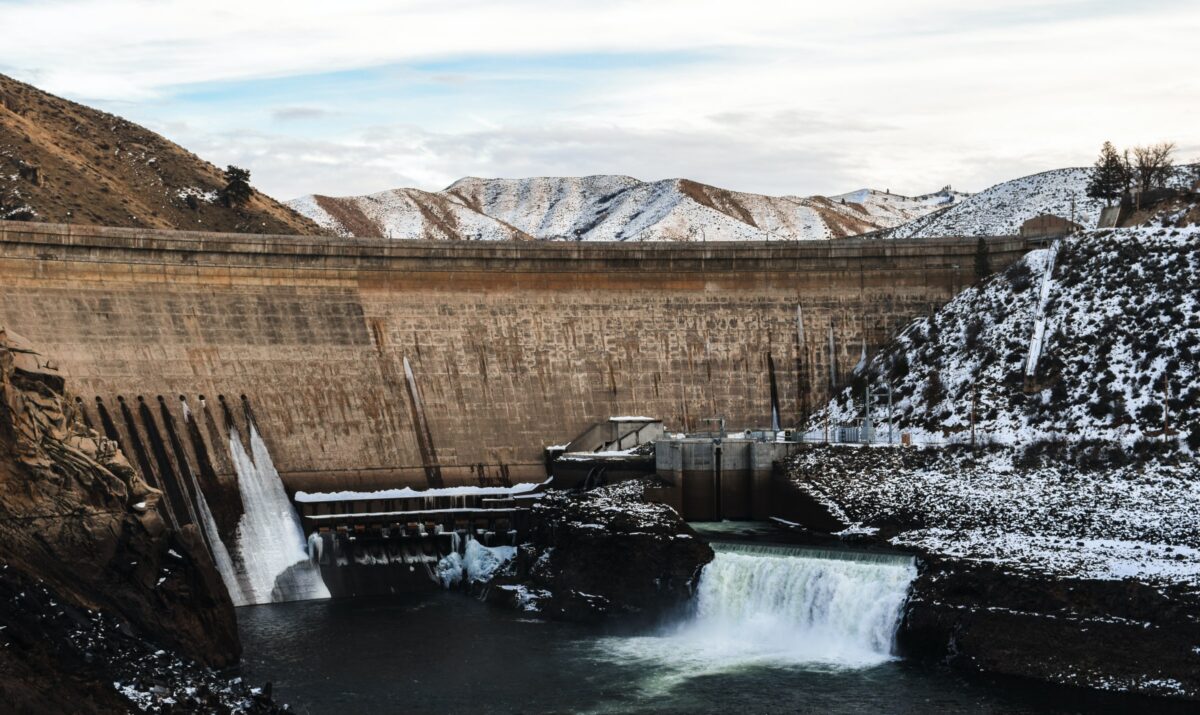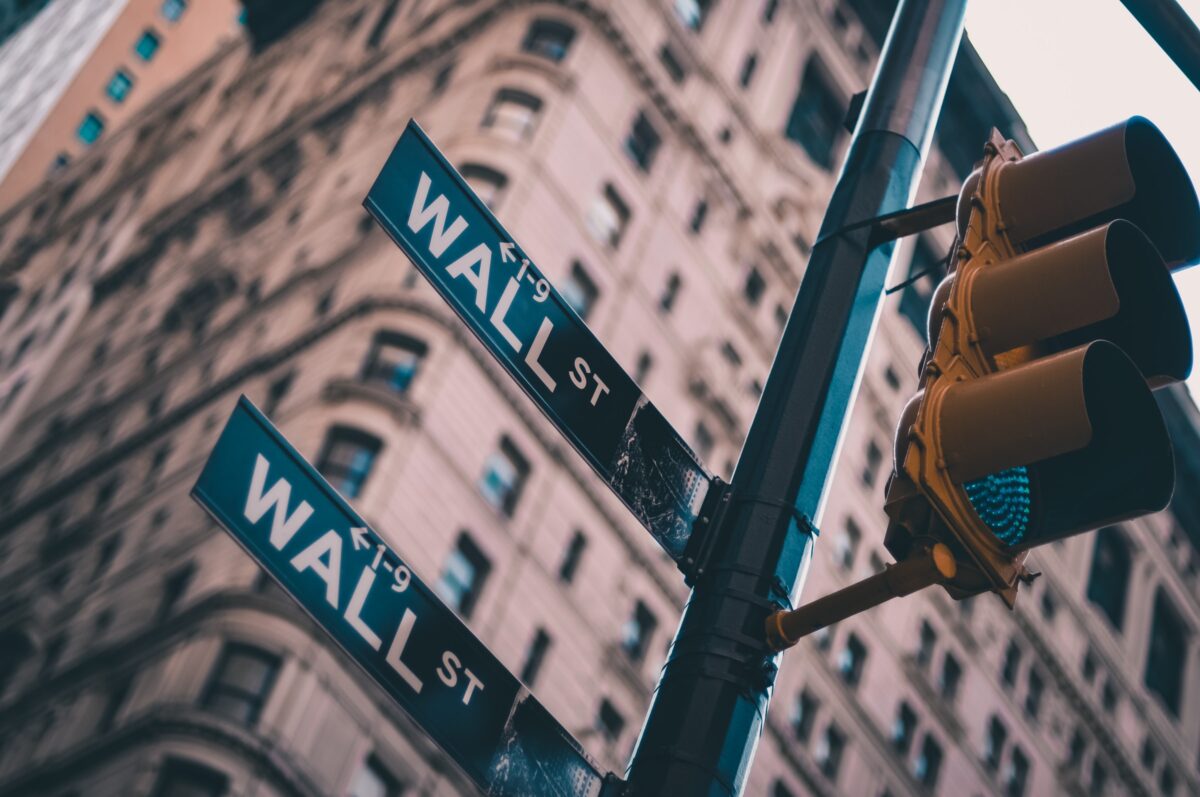At its Caribbean operation, the oil company produces enormous revenues that are tax-free. That may not last much longer.
Trading oil is a profitable industry. It’s corporate utopia if you can avoid paying any taxes on it and work from a Caribbean beach.
Royal Dutch Shell Plc, the world’s most valuable energy business, has checked all the boxes: It has a highly profitable trade company in Nassau, the Bahamas’ capital, that pays no taxes at all. Shell Western Supply and Trading Ltd. is a little-known trading company that deals in crude from West African and Latin American countries.
It’s a minor cog in Shell’s massive trading business that many shareholders overlook.
Shell’s Bahamas business made more than $652 million in profits in 2020, according to the company’s latest annual tax contribution report, making the Caribbean island its fifth most successful operation globally. Shell was able to accomplish these remarkable results with only employing 35 workers in Nassau. Its staff worldwide numbers 87,000.
The year 2020 was not a coincidence. During the 2018 to 2020 period, the oil major made nearly $2.5 billion in profits through its Bahamas subsidiary, accounting for 14% of the parent company’s total net income.
Under Bahamian law, the tax system is totally legal.
Shell officials provide a long list of “commercial” reasons why the subsidiary should be based in the Caribbean nation. Geographic proximity to West Africa and Latin America, a high standard of living unmatched elsewhere in the region, great transport links, and the presence of Shell on the island since 1982 are just a few of them.
A couple of counter-arguments are presented here. While Shell has had a presence in the Bahamas for over 40 years, the trading subsidiary moved there only in 2018 (from Barbados, another tax friendly Caribbean outpost). Shell could have considered Houston, where it already had a sizable trading business.
True, the Bahamas has a good standard of living, but so does Houston, unless white-sand beaches are a need for oil trading success.
In terms of transportation, how many direct flights from Nassau to Latin America and West Africa are available per week? According to a quick Google search, there is only one flight to Panama. West Africa is closer to London than to the Bahamas.
So we’re left with taxes. The Covid epidemic has made 2020 an unusual year for everyone, including Shell, to fulfill their fiduciary responsibility to maximize shareholder returns. Nonetheless, the oil giant demonstrated its capacity to divert earnings to lower-tax jurisdictions. In the 2020 tax study, the Bahamas wasn’t the only low-tax nation mentioned.
Switzerland, Singapore, and the United Arab Emirates were among Shell’s top five countries in terms of pretax profit. In recent years, many of the loopholes that made the Caribbean notorious with tax shelters have been shut. However, there are still plenty, one of which Shell is profiting from.
The scenario may change starting from 2023, when a global agreement to set a minimum company tax rate of 15% is expected to come into force. In October, the Commonwealth of the Bahamas ratified the deal. As global tax pressures grow, those countries’ beneficial tax rates will be under strain. As taxes rise, net profit is almost certain to fall.
The UK government is already under pressure to impose higher taxes on energy companies, partly because they have profited from rising oil and gas prices. Oil trade may be investigated by British politicians as well.
Shell’s shareholders haven’t asked many tax-related questions. They should.




